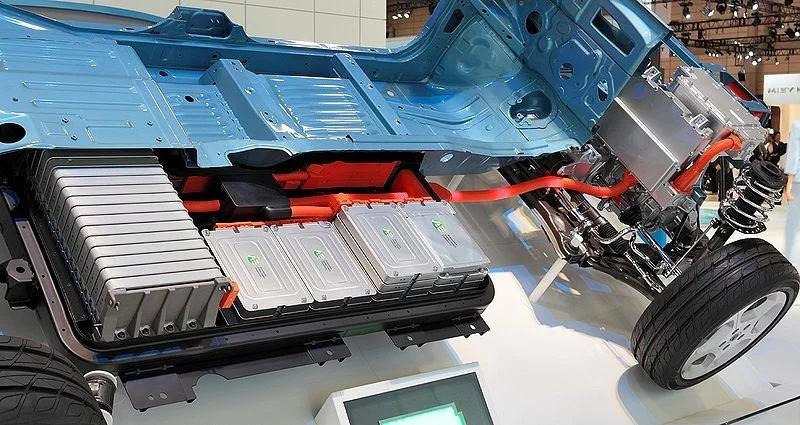Electrifying the Future: Exploring Electric Car Technology

The automotive industry is undergoing a significant transformation, and at the forefront of this revolution is electric car technology. Electric vehicles (EVs) are changing the way we think about transportation, offering a cleaner and more sustainable alternative to traditional gasoline-powered vehicles. In this blog, we’ll delve into the world of electric car technology, exploring how it works, its benefits, and the innovations driving the industry forward.
How Electric Cars Work
Electric cars are powered by electricity stored in batteries, which in turn drive an electric motor to propel the vehicle. Here’s a breakdown of the key components and how they work together:
Battery Pack: The heart of any electric car is its battery pack. These high-capacity lithium-ion batteries store electrical energy that is used to power the vehicle. Advances in battery technology have significantly increased the range of electric cars while reducing charging times.
Electric Motor: Electric cars use one or more electric motors to convert electrical energy from the battery into mechanical energy to drive the wheels. Electric motors are highly efficient and offer instant torque, providing a smooth and powerful driving experience.
Power Electronics: Power electronics, including inverters and controllers, regulate the flow of electricity between the battery pack and the electric motor, ensuring optimal performance and efficiency.
Charging System: To replenish the battery’s energy, electric cars can be charged using various methods, including standard household outlets, Level 2 chargers (typically found in homes and public charging stations), and fast DC chargers. Charging times can range from a few hours to just minutes for rapid chargers.
Benefits of Electric Cars
Electric cars offer numerous advantages over traditional internal combustion engine vehicles, including:
Environmentally Friendly: Electric cars produce zero tailpipe emissions, reducing air pollution and greenhouse gas emissions. They play a crucial role in combating climate change and improving air quality.
Lower Operating Costs: Electricity is generally cheaper than gasoline, and electric cars have fewer moving parts, resulting in lower maintenance costs over time.
Quieter and Smoother Ride: Electric motors are quieter and provide a smoother driving experience compared to noisy internal combustion engines.
Instant Torque: Electric cars deliver instant torque, providing impressive acceleration and responsiveness.
Reduced Dependence on Fossil Fuels: Electric cars reduce our dependence on finite fossil fuels, promoting energy independence and security.
Technological Innovations in Electric Cars
The electric car industry is evolving rapidly, with continuous technological advancements:
Battery Technology: Ongoing research and development efforts are focused on improving battery energy density, reducing costs, and extending battery life. Solid-state batteries hold promise for higher energy density and faster charging times.
Autonomous Driving: Electric cars are often equipped with advanced driver-assistance systems (ADAS) that pave the way for autonomous driving. These systems use sensors, cameras, and AI to enhance safety and convenience.
Charging Infrastructure: Expansion of the charging network is critical for the widespread adoption of electric cars. Many companies are working to develop faster and more convenient charging solutions.
Energy Management: Smart grid technology and vehicle-to-grid (V2G) systems allow electric cars to interact with the electrical grid, enabling energy sharing and optimized charging.
Lightweight Materials: To improve efficiency and range, automakers are experimenting with lightweight materials such as carbon fiber and aluminum.
Conclusion
Electric car technology is revolutionizing the automotive industry, offering a sustainable and environmentally friendly alternative to traditional gasoline-powered vehicles. With advancements in battery technology, charging infrastructure, and autonomous driving capabilities, electric cars are poised to become the future of transportation. As more people make the switch to electric vehicles, we can look forward to cleaner air, reduced greenhouse gas emissions, and a more sustainable future on the road.






1 thought on “Electrifying the Future: Exploring Electric Car Technology”